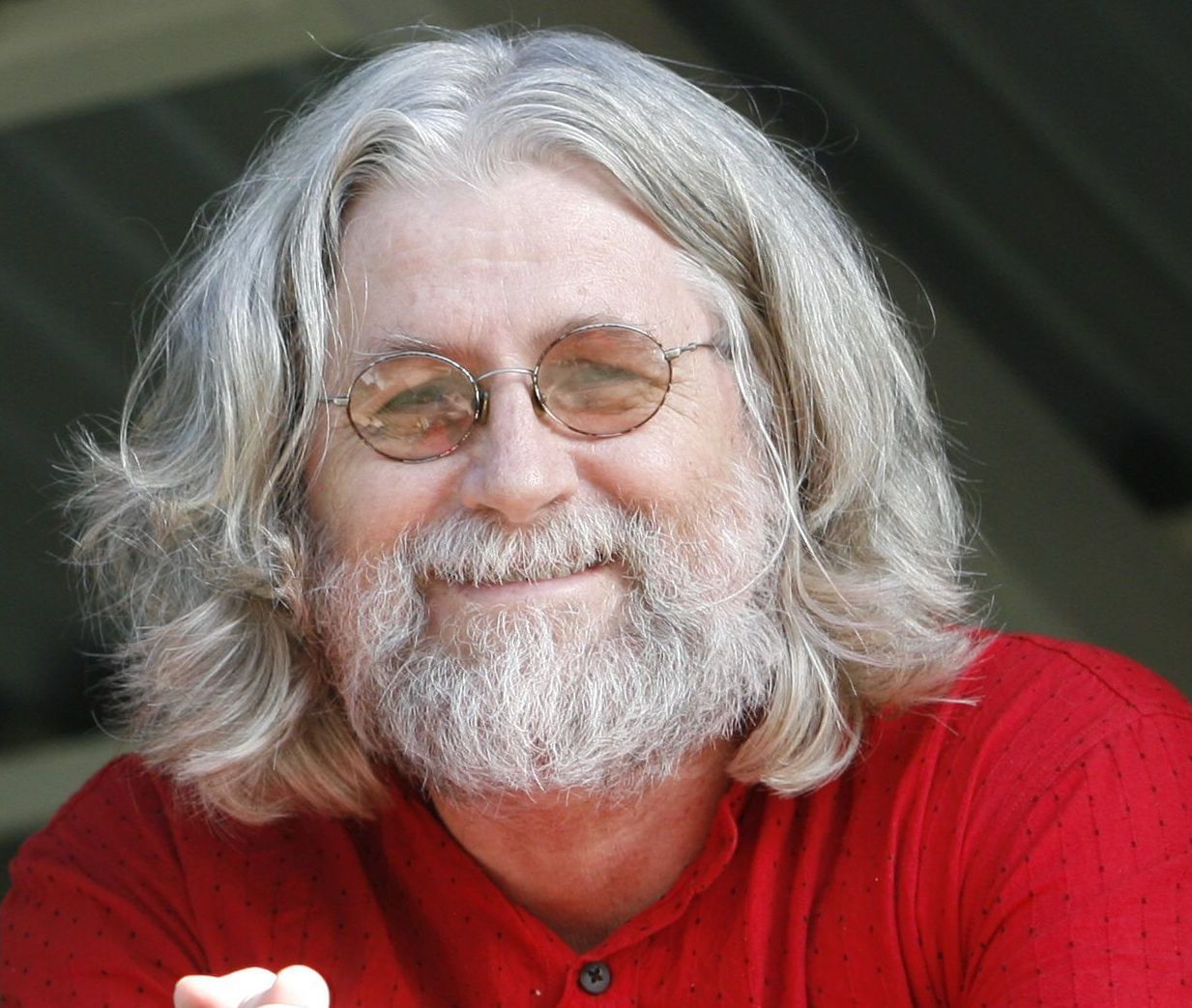 Dave Andrews fears that the scapegoating of our Muslim neighbours has begun, again, in earnest.
Dave Andrews fears that the scapegoating of our Muslim neighbours has begun, again, in earnest.
Scapegoating is the singling out of a person – a ‘fall guy’, a ‘whipping boy’ or ‘vulnerable girls’, like Salam and her friends – for unmerited punishment.
Scapegoating is an ancient tradition of projecting blame onto an ‘Other’, that was first enacted on the Day of Atonement when a high priest laid the sins of the people on the head of goat – literally a ‘scape-goat’ – before it escaped, and fled for its life into the wilderness. And the practice is still with us today.
These days scapegoating is a strategy many peoples use to avoid accepting responsibility for our problems, to rationalise projecting the responsibility onto an ‘Other’, and to justify venting our frustration and aggression upon them.
Many so-called ‘Muslims’ in the so-called ‘Islamic State’ are scapegoating Christians, Yazidis and ‘other’ Muslims, who aren’t supporters of IS. And many of us in our country are scapegoating ‘other’ Muslims, whom we judge ‘guilty’ by association and punish as ‘extremists’ in retaliation, simply because they are Muslims and wear ‘hijab’ and ‘niqab’.
If we continue to practice scapegoating we will become what we despise. We will develop our own kind of home-grown gum-leaf jingoistic ocker extremism. Maybe we won’t cut off anyone’s head, but we’ll graffiti their Mosques, mock their customs, demand they eat ‘halal’ bacon to prove they are Aussies and, as Jacqui Lambie says, run anyone who practices ‘sharia’ out of the country.
It is not religion, but scapegoating people, for or against religion, that is the problem. Thus scapegoating ‘others’ in the name of our current philosophy of Aussie identity, national sovereignty and border security will not solve the problem. Mark my words: it will only make matters worse, far worse than they are.
We can only solve the problem of scapegoating, by refusing to scapegoat anyone, anywhere, anytime – even if they scapegoat us – especially if they scapegoat us. For the resolution to this problem will never be possible as long as ‘we treat them the way they treat us’, tit for tat; it will only be possible if we ‘turn the other cheek’ and ‘treat others the way we would like to be treated’.
What does this mean for the way we need to treat our Muslim neighbours? Simply this: we need to treat our Muslim neighbours the way we would like them to treat us. We would like to feel safe, so lets make them feel safe in our communities. We would like to feel accepted, so lets make them feel accepted as members of our communities. We would like to feel respected for both our similarities with others and our differences from others, so lets make an effort to extend respect to them as people, like us, with a deep desire to love and be loved, and at the same time lets make an effort to extend respect to them as people, like us, who are not all alike, but who may have a different language, culture, tradition and religion. We would like to feel special, not expendable, so to the best of our ability let us make an effort to extend hospitality to our Muslim neighbours that will make them feel welcome, wanted, valued and loved.
And it is my experience, that if we treat our Muslim neighbours the way we would like to be treated, many of them will be happy to reciprocate. My Australian Muslim friends continue to be the source of great joy in my life.
Dave Andrews


